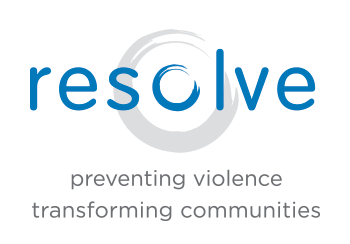Traditionally, awareness is taught as a series of tips. “Look around when you’re walking to your car.” “Don’t text or talk on the phone.” We often critique these tips as inherently victim-blaming as well as largely irrelevant since most violence, unfortunately, is committed by people we know. We also have noticed that awareness, in the larger sense, actually is less about looking around and more about a certain lack of denial about what’s going on.
Awareness is better defined as a willingness to see or bear witness.
I can think of a number of times when I was ardently taking self-defense classes when I was younger, wanting to address fears based on a history of violence, where I was taught by very well-intentioned instructors to look in the backseat of my car when I got in, etc. Meanwhile, I was beginning to date people who teased me too much and crossed my physical boundaries, and my classes didn’t address these early warning signs at all.
I hope we all agree that the responsibility and blame always lies with the person who chooses to use violence and manipulation, and never with the victim. Meanwhile, I wanted to learn strategies to increase my own safety – these two simultaneous truths are what Lynne Marie Wannamaker describes as “the self-defense paradox.”
Unfortunately, the strategies for awareness I was being taught had nothing to do with the actual threats I faced. I would have benefited much more if I’d been taught about healthy relationships and dynamics of abuse, told the statistics of violence by strangers vs. people we know, and practiced better strategies to negotiate boundaries and deal with threats of physical violence.
Feeling unprepared or as though the reality of the truth would be crushing can explain our responses to everything from ignoring when someone is behaving as though they are about to steal in a local store to ignoring the signs of child abuse. It is rarely about literally not turning our heads and scanning the environment to see the behavior. More often, it is that we see it or hear it, and our brains thoughtfully screen it out in order to protect us from something that feels overwhelming.
For me, this is exciting, because it means that instead of thinking that we’ve been doing something wrong all our lives (not looking around), it simply means that we might benefit from believing ourselves more and discovering more tools to gain confidence in ourselves.
